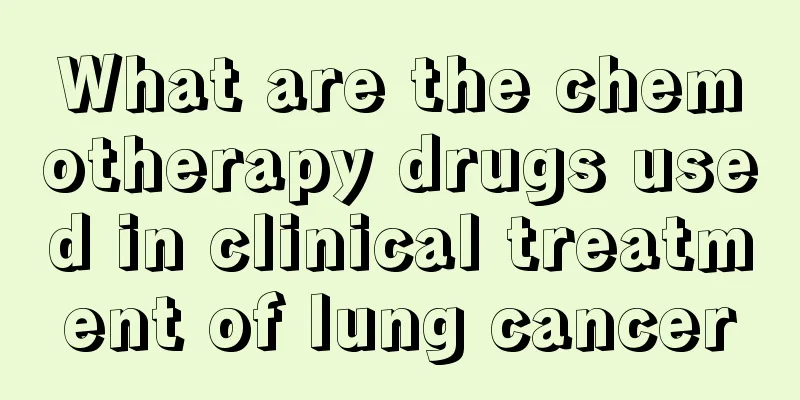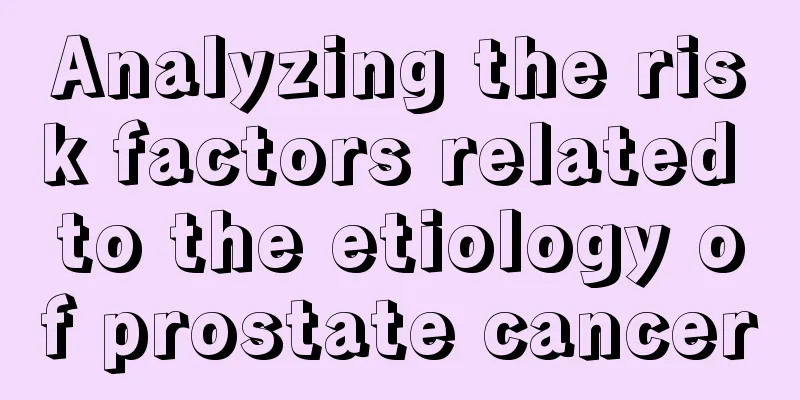What are the chemotherapy drugs used in clinical treatment of lung cancer

|
Chemotherapy is one of the three main methods for treating lung cancer. Although chemotherapy has relatively large side effects, its position is very stable. Neoadjuvant chemotherapy before surgery can reduce tumor stage and increase surgical resection rate, and can improve the long-term survival rate of patients with stage III NSCLC. Platinum has always been in a dominant position in chemotherapy, and platinum combined with new chemotherapy drugs is currently the first choice for the treatment of advanced NSCLC. These new chemotherapy drugs include gemcitabine, vinorelbine, paclitaxel, and GP, NP, and PC regimens. According to literature reports, these chemotherapy regimens are more effective than the traditional commonly used regimens CAP and EP, and can be used as first-line chemotherapy regimens for the treatment of advanced non-small cell lung cancer. 1. Gemcitabine is cell cycle specific and is an antimetabolite anticancer drug that mainly acts on the DNA synthesis phase (S phase). Under certain conditions, it can prevent the progression of the G1 phase to the S phase. Its cytotoxic effect in vitro is dose- and time-dependent. 2. The mechanism of vinorelbine is to block the polymerization of tubulin to form microtubules and induce microtubule depolymerization, so that cell growth stops at the metaphase of mitosis. 3. Paclitaxel interferes with the division process of the microtubule system and prevents tumor cell mitosis. For locally advanced or metastatic NSCLC that progresses after first-line platinum-containing chemotherapy and has a suitable behavioral status, docetaxel is recommended as a second-line treatment; 4. Gefitinib combined with chemotherapy cannot improve the efficacy of advanced non-small cell lung cancer. However, experts still recommend gefitinib as a second-line or third-line treatment, and as a single agent for non-small cell lung cancer that has failed platinum-based and paclitaxel chemotherapy. The main side effects of these chemotherapy regimens are bone marrow suppression, hand-foot syndrome, and neurotoxicity. Long courses of treatment can lead to toxic accumulation and cause other treatment-related symptoms and signs. This makes the most appropriate course of chemotherapy for non-small cell lung cancer a very prominent issue at present. |
<<: Can I move around after lung cancer surgery?
>>: What are the diagnostic criteria for lung cancer
Recommend
Differential diagnosis of gallbladder cancer and polyps
There are no obvious clinical symptoms and charac...
What causes urine to smell like food?
Some people suddenly find that their urine has th...
How much does immunotherapy for lung cancer cost per year?
There is also an immunotherapy for lung cancer no...
How to care for skin cancer
The prevalence of skin cancer in my country is re...
The principle of detergent removing oil stains
Detergents can be said to be inseparable in our l...
Can last year's mung beans still be eaten
Last year's mung beans can also be eaten. As ...
Male breast cancer is actually more dangerous
Nowadays, more and more people are suffering from...
What are the symptoms of late-stage nasopharyngeal carcinoma and what should I eat?
What are the symptoms of advanced nasopharyngeal ...
What is the best way to remove tooth stains quickly?
As technology becomes more and more advanced, peo...
Which method is the best for treating small liver cancer? Teach you how to choose the treatment method for small liver cancer
Reasonable selection of treatment methods for sma...
What are the precautions before pancreatic cancer surgery
Due to the hidden location of the pancreas and th...
What ointment is best for itchy asshole
There are many reasons for anal itching, and diff...
Treating lymphoma with Chinese medicine internally and externally
The incidence of lymphoma is increasing in my cou...
Urethral pain after sex
Because the urethra and vaginal opening are very ...
How to detoxify by enema
Nowadays, many people often suffer from constipat...









